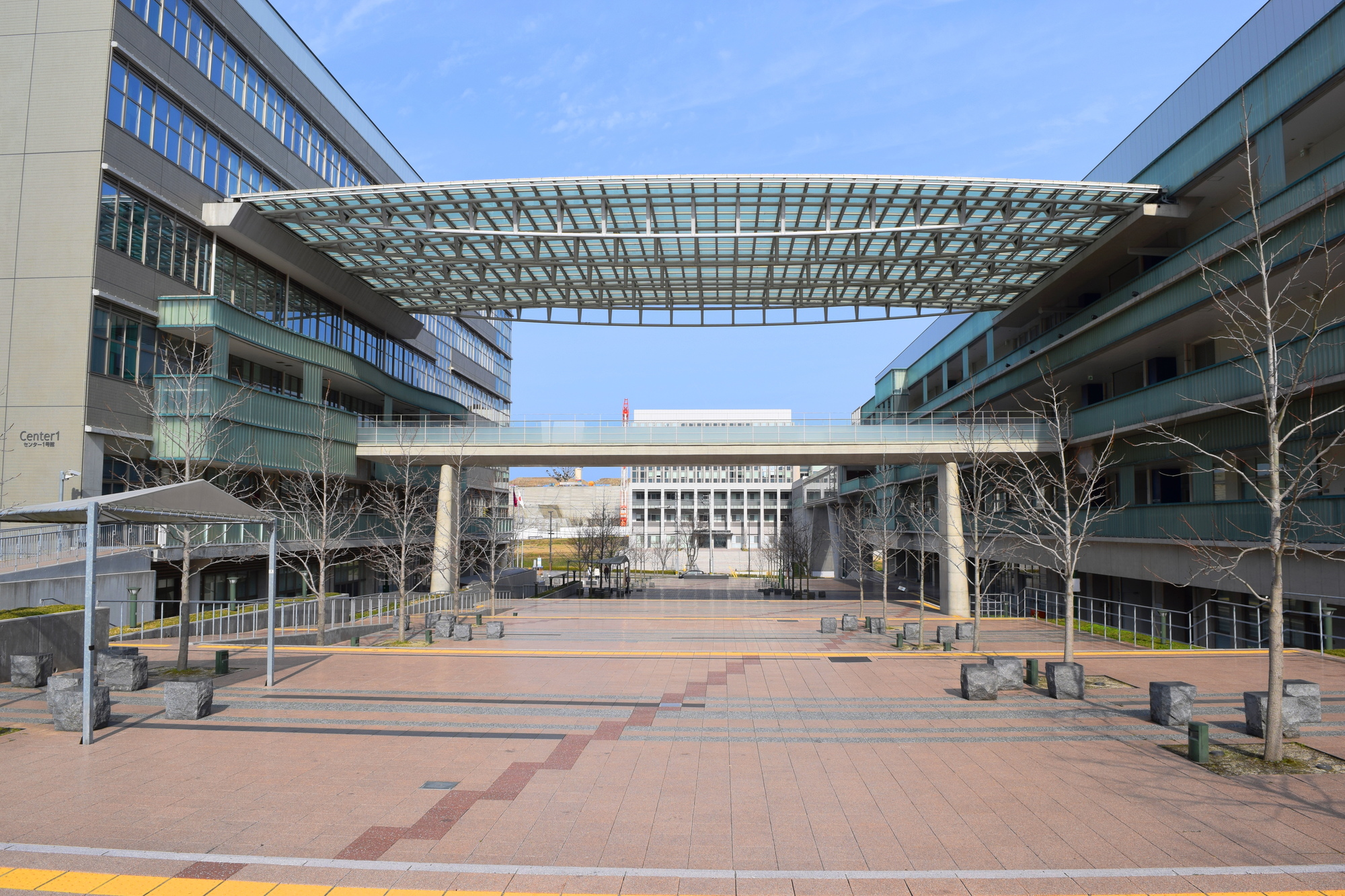Assistant Professor Taichi Morita and Professor Naoji Yamamoto of the Graduate School of Science and Engineering, Kyushu University, collaborated with the Institute of Laser Engineering, Osaka University, Paddy University, The Graduate School for the Creation of Photonic Industry, Hiroshima University, and Akashi National College of Technology. It was clarified that the control of the laser-generated plasma ejection direction was successful.
As manned Mars exploration becomes a reality, the challenges have become clear.With conventional chemical rockets, it takes a long time to make a round trip to Mars, and in addition to the psychological burden on the spacecraft crew and passengers, there is a large load such as cosmic ray exposure and bone density reduction.Therefore, there has been a demand for high-speed spacecraft and rockets to replace chemical rockets.A high-speed spacecraft that can meet this demand is the laser fusion rocket.
The laser fusion rocket obtains thrust by controlling the fusion plasma with a magnetic field and discharging it, and is a promising candidate as a future high-power and low-fuel-fuel rocket.At Kyushu University, research on the practical application of laser fusion rockets has been underway for about 30 years, and in recent years, joint research with Osaka University has made it possible to experimentally test the principles and verification of fusion rockets.
This time, we have experimentally demonstrated for the first time that it is possible to control the direction of discharged plasma with a magnetic field using a plasma generated by irradiating a solid with a laser and a magnetic nozzle that combines multiple electromagnets.Furthermore, it was confirmed that the principle of this method can be demonstrated by calculating the expansion process of plasma by numerical simulation.
Using this method, directional control can be easily performed without an auxiliary engine.In the future, the research group plans to further research with the aim of demonstrating the principle of a plasma rocket magnetic nozzle that uses a large amount of energy as expected in an actual machine.
Paper information:[Scientific Reports] Control of unsteady laser-produced plasma-flow with a multiple-coil magnetic nozzle



